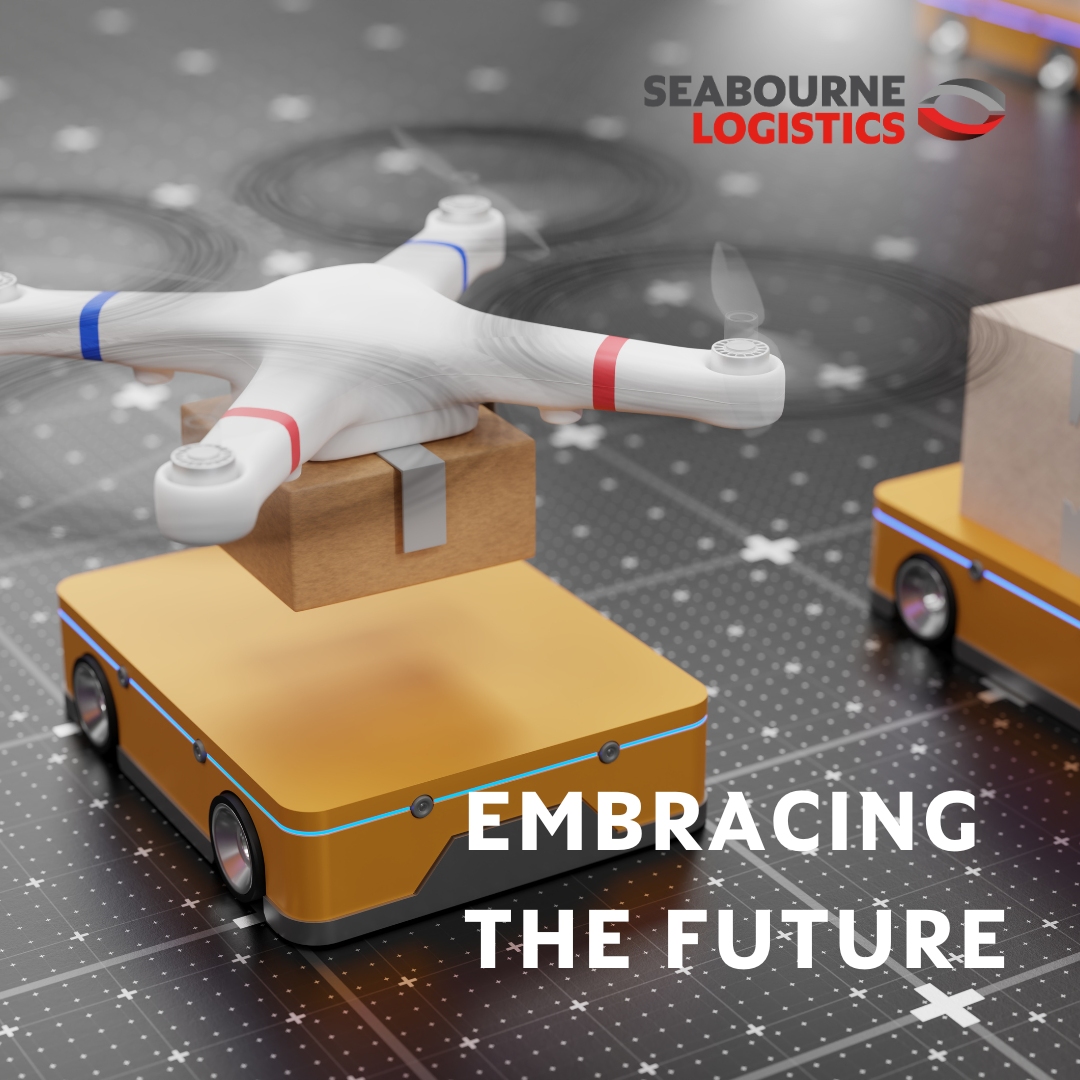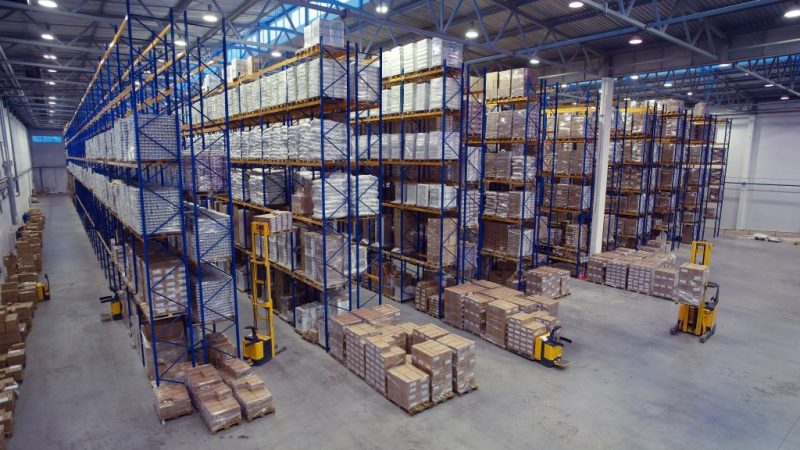As practical uses for artificial intelligence (AI) continue to gain traction, the logistics and supply chain industry faces a brief window to adapt and prepare for what will undoubtedly be a seismic shift in how business is conducted. At Seabourne Logistics, we recognise the transformative potential of AI and are committed to leveraging its capabilities to enhance our services and drive innovation. Ezelle Harris, Managing Director of Seabourne Logistics in South Africa discusses some ways in which AI might further impact the industry.
The Current Impact of AI on Logistics and Supply Chain
AI is already revolutionizing the logistics and supply chain industry in several significant ways:
- Predictive Analytics for Demand Forecasting
AI-powered predictive analytics are enabling companies to anticipate demand more accurately. By analysing historical data and identifying patterns, AI helps businesses forecast inventory needs, reducing both excess stock and stockouts. This not only optimizes inventory management but also enhances customer satisfaction by ensuring products are available when needed.
- Route Optimisation and Real-Time Tracking
AI algorithms are optimising delivery routes, leading to reduced transit times and fuel consumption. Real-time tracking powered by AI provides precise information on shipment locations and expected delivery times, enhancing transparency and allowing for proactive problem-solving in case of delays or disruptions.
- Warehouse Automation
AI-driven automation is transforming warehouse operations. Autonomous robots and AI-powered systems streamline tasks such as picking, packing, and sorting, increasing efficiency and reducing human error. This automation also frees up human workers to focus on more strategic tasks, enhancing overall productivity.
- Enhanced Customer Service
AI chatbots and virtual assistants are improving customer service by providing instant responses to inquiries, tracking shipments, and resolving issues. These AI tools enhance customer experience by offering 24/7 support and personalized interactions.
The Future Impact of AI on Logistics and Supply Chain
The future holds even greater promise as AI technologies continue to evolve and become more sophisticated. Here are some ways AI might further impact the industry:
- Autonomous Vehicles and Drones
The integration of AI with autonomous vehicles and drones is set to revolutionise transportation and last-mile delivery. Autonomous trucks can operate around the clock, reducing delivery times and costs, while drones can expedite deliveries in urban areas and remote locations, bypassing traditional traffic constraints.
- Advanced Supply Chain Visibility
AI will enable end-to-end visibility across the entire supply chain. With AI-powered sensors and Internet of Things (IoT) devices, companies can monitor conditions such as temperature and humidity in real-time, ensuring the integrity of sensitive goods. This enhanced visibility allows for proactive adjustments to maintain optimal conditions.
- Intelligent Demand Planning
Future AI systems will leverage even more advanced algorithms to predict market trends and consumer behaviour with unparalleled accuracy. This will enable companies to anticipate shifts in demand and adjust their supply chains accordingly, reducing waste and improving efficiency.
- Sustainable Logistics
AI can play a pivotal role in promoting sustainability within the logistics industry. By optimising routes, reducing fuel consumption, and improving overall operational efficiency, AI helps lower carbon emissions. Additionally, AI can assist in designing more sustainable packaging solutions and promoting circular supply chains.
Preparing for the AI-Driven Future
As the logistics and supply chain industry braces for this transformative wave of AI, it is crucial for companies to start preparing now. Here are some steps to consider:
- Invest in AI Technologies: Embrace AI tools and platforms that can enhance your current operations. Investing in AI today will position your company for future success.
- Upskill Your Workforce: Equip your employees with the skills needed to work alongside AI. Provide training programs to help them understand and leverage AI technologies.
- Foster a Culture of Innovation: Encourage a mindset that welcomes change and innovation. Create an environment where experimentation with AI solutions is supported.
- Collaborate with AI Experts: Partner with AI experts and technology providers to stay abreast of the latest developments and ensure your AI implementations are cutting-edge.
Conclusion
“At Seabourne Logistics, we are excited about the potential of AI to transform the logistics and supply chain industry,” says Ezelle. “By embracing AI, we are not only enhancing our current operations but also preparing for a future where AI-driven innovation will be the norm.”
Chat with Ezelle on LinkedIn and find out how Seabourne Logistics can streamline your logistics and supply chain and prepare your business for what lies ahead. (Link to https://www.linkedin.com/in/ezelle-harris-31420633)



